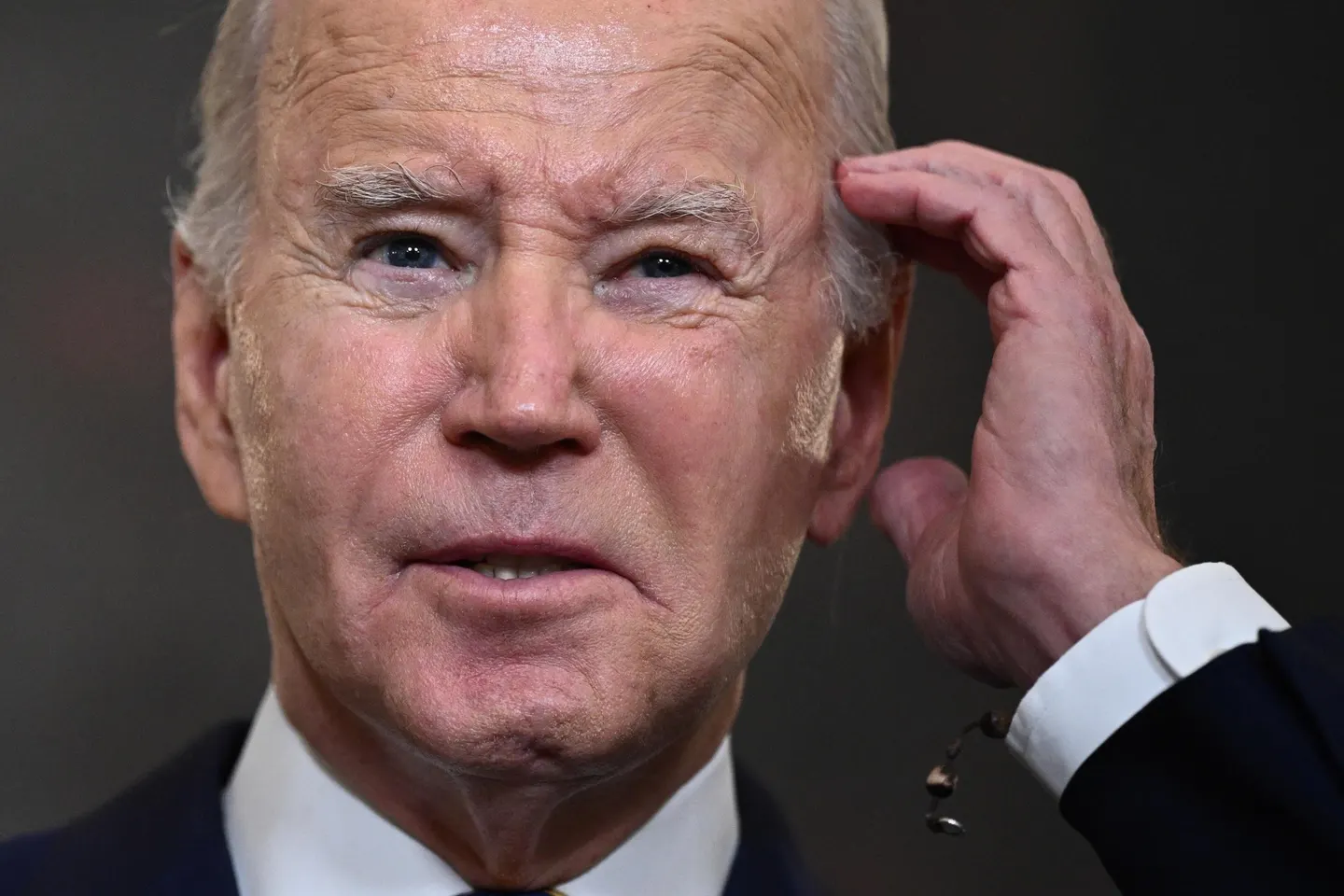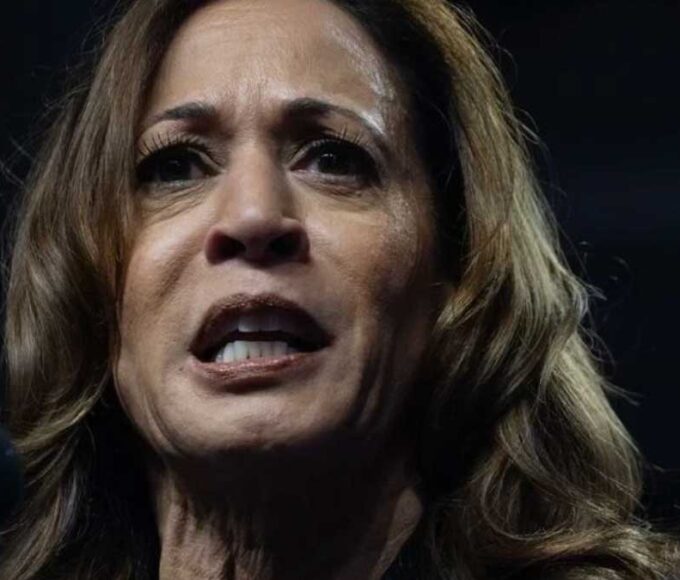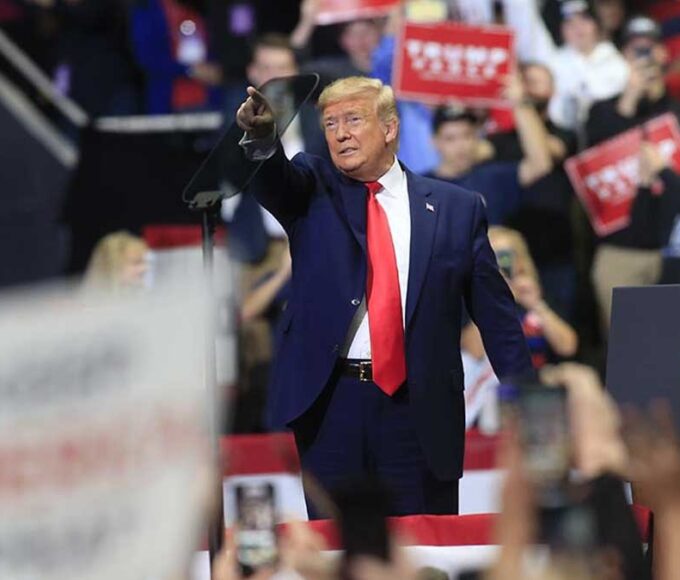- Home
- Billionaires
- Investing Newsletters
- 193CC 1000
- Article Layout 2
- Article Layout 3
- Article Layout 4
- Article Layout 5
- Article Layout 6
- Article Layout 7
- Article Layout 8
- Article Layout 9
- Article Layout 10
- Article Layout 11
- Article Layout 12
- Article Layout 13
- Article Layout 14
- Article Sidebar
- Post Format
- pages
- Archive Layouts
- Post Gallery
- Post Video Background
- Post Review
- Sponsored Post
- Leadership
- Business
- Money
- Small Business
- Innovation
- Shop
Recent Posts
Biden Classified Docs Probe Concluded by DOJ

The Department of Justice (DOJ) has wrapped up its investigation into President Joe Biden’s handling of classified documents originating from the Obama administration, according to statements from Attorney General Merrick Garland. Multiple reports confirm that the report, overseen by Justice Department Special Counsel Robert Hur, has been completed and delivered to Garland.
The inquiry gained traction when classified materials were discovered both in Biden’s Delaware residence and his office at the Penn Biden Center in Washington, D.C. The revelation prompted a thorough investigation by the DOJ, led by Special Counsel Robert Hur. Despite initial concerns, Garland affirmed that Hur’s conduct throughout the investigation was found to be appropriate, as reported by CBS News.
Garland expressed his commitment to transparency, stating that he intends to release as much of the report as possible to the public. He informed Congress that once the White House completes its privilege review, which is anticipated to conclude by the end of the week according to White House spokesperson Ian Sams via Reuters, the report along with its appendices will be made available.
The anticipation surrounding the report’s release was heightened by earlier reports from The Wall Street Journal, which suggested that the findings would be “sharply critical” of Biden’s handling of classified materials and his administration’s conduct. However, despite these criticisms, the likelihood of criminal charges against the President and his aides seems remote, as noted by the Journal. The investigation into Biden’s handling of classified documents began in November 2022, with the DOJ initiating a search of his office after the discovery of classified materials. Hur was subsequently appointed to lead the investigation in January 2023.
Meanwhile, Republicans on the House Judiciary Committee initiated their own inquiry into Biden’s actions, scrutinizing how federal authorities managed the case of the classified documents. Their investigation paralleled concerns raised about the disparity in treatment between Biden and former President Donald Trump regarding similar allegations. Notably, the committee highlighted the contrast in investigative approaches, citing the raid on Mar-a-Lago which yielded numerous classified records allegedly mishandled by Trump.
However, the committee’s stance faced criticism for failing to acknowledge Biden’s administration’s cooperation in promptly surrendering classified documents to authorities, a contrast to allegations against Trump for purportedly withholding records in response to subpoenas.
The conclusion of the DOJ’s investigation into Biden’s handling of classified documents marks a significant moment in the ongoing scrutiny of presidential conduct and accountability. While the report’s contents remain undisclosed pending the completion of the privilege review, the aftermath is poised to shape public perception and political discourse surrounding the administration’s adherence to protocol and standards of handling sensitive information.
The release of the report is anticipated to reignite debates over the perceived impartiality of investigations into high-profile figures and the broader implications for presidential accountability. As the political landscape continues to evolve, the fallout from this investigation will undoubtedly reverberate across party lines, shaping narratives and strategies in the run-up to future elections.
In the wake of this development, all eyes remain on the DOJ and the White House as they navigate the delicate balance between transparency, national security, and accountability in the highest echelons of government.
Recent Posts
Categories
- 193 Countries Consortium Partner1
- 193cc Digital Assets2
- 5G1
- Aerospace & Defense48
- AI37
- Arts3
- Banking & Insurance11
- Big Data3
- Billionaires1,121
- Boats & Planes1
- Business332
- Careers13
- Cars & Bikes79
- CEO Network1
- CFO Network17
- CHRO Network1
- CIO Network1
- Cloud10
- CMO Network18
- Commercial Real Estate7
- Consultant1
- Consumer Tech194
- CxO1
- Cybersecurity73
- Dining1
- Diversity, Equity & Inclusion4
- Education7
- Energy8
- Enterprise Tech29
- Events11
- Fintech1
- Food & Drink2
- Franchises1
- Freelance1
- Future Of Work2
- Games149
- GIG1
- Healthcare79
- Hollywood & Entertainment203
- Houses1
- India’s 1000 Richest1
- Innovation46
- Investing2
- Investing Newsletters4
- Leadership65
- Lifestyle11
- Manufacturing1
- Markets20
- Media260
- Mobile phone1
- Money13
- Personal Finance2
- Policy569
- Real Estate1
- Research6
- Retail1
- Retirement1
- Small Business1
- SportsMoney42
- Style & Beauty1
- Success Income1
- Taxes2
- Travel10
- Uncategorized12
- Vices1
- Watches & Jewelry2
- world's billionaires1,090
- Worlds Richest Self-Made Women2
Related Articles
Tim Walz Tops JD Vance in Favorability Ahead of Debate
As the political landscape heats up ahead of the upcoming vice presidential...
By 193cc Agency CouncilSeptember 26, 2024Harris vs. Trump: A Close Contest as Polls Indicate Narrow Leads
The upcoming election is shaping up to be a fierce battle between...
By 193cc Agency CouncilSeptember 26, 2024Musk Threatens Apple Device Ban Over OpenAI Integration
Elon Musk, known for his ventures such as Tesla, SpaceX, and OpenAI,...
By 193cc Agency CouncilJune 11, 2024Trump Hails NYPD’s Clearing of Columbia Encampment
Former President Donald Trump offered high praise for the New York Police...
By 193cc Agency CouncilMay 2, 2024















Leave a comment